Bacteria establish an aqueous living space in plants crucial for virulence ($)
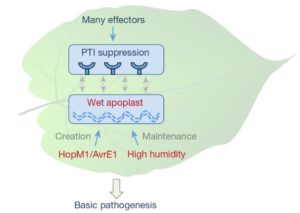
Although it is widely accepted that high humidity has a strong influence on plant diseases of the phyllosphere (the above-ground portions of the plant), the molecular basis is not understood. Xin et al. report that an important step in bacterial infection of the phyllosphere is a pathogen-driven humidity-dependent establishment of an aqueous intercellular space (apoplast). The authors found that only two plant functions, pattern-triggered immunity and water limitation in the apoplast, must be altered to enable non-pathogenic bacterial infection of host plants. Furthermore, the Pseudomonas syringae HopM1 effector stimulates the establishment of the aqueous apoplast and can transform non-pathogenic P. syringae strains into virulent pathogens under certain conditions. (Summary by Bhavishi Sheth) Nature 10.1038/nature20166


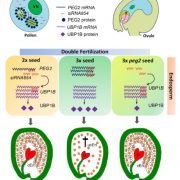
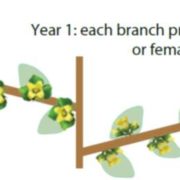
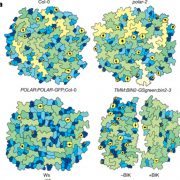
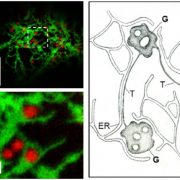
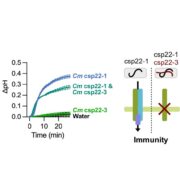
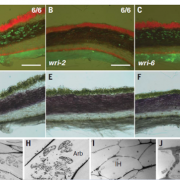


Leave a Reply
Want to join the discussion?Feel free to contribute!